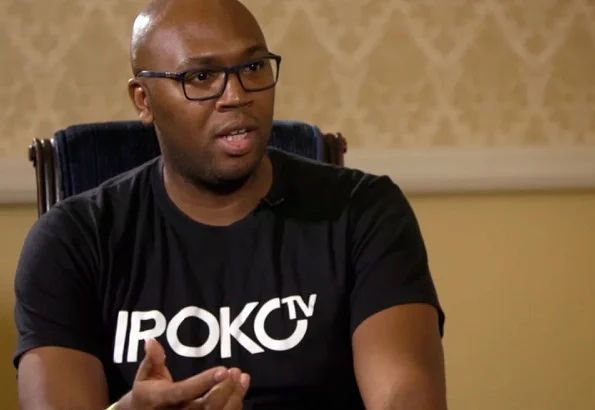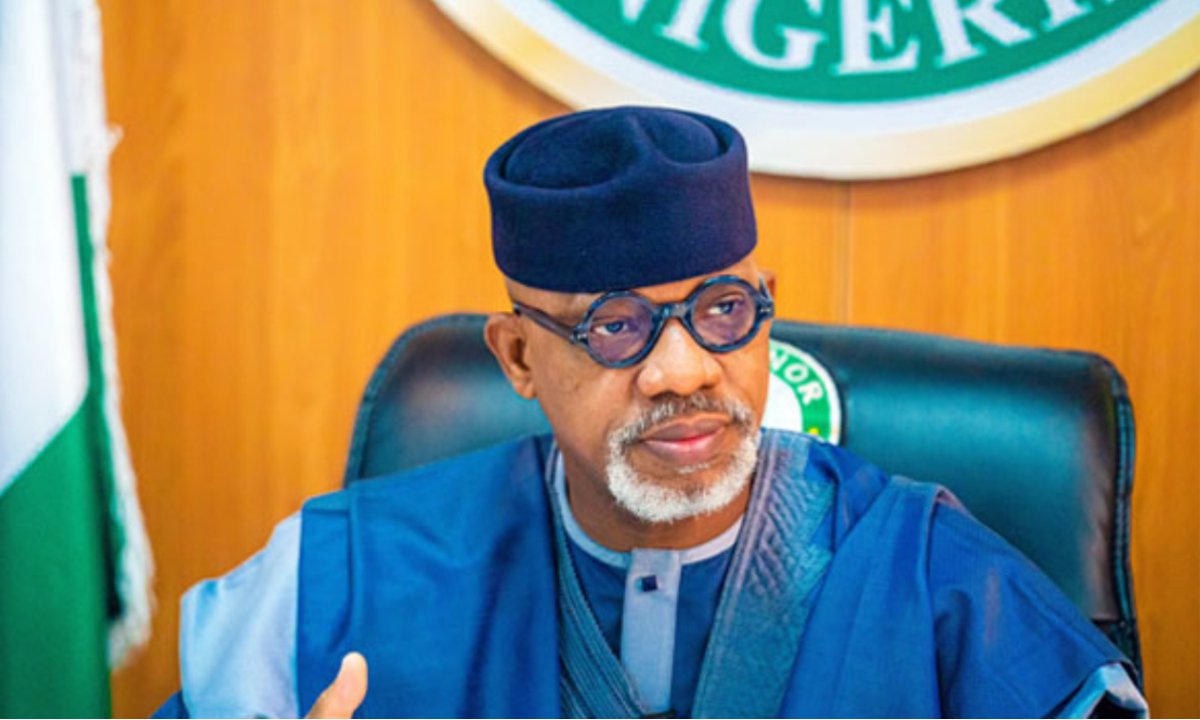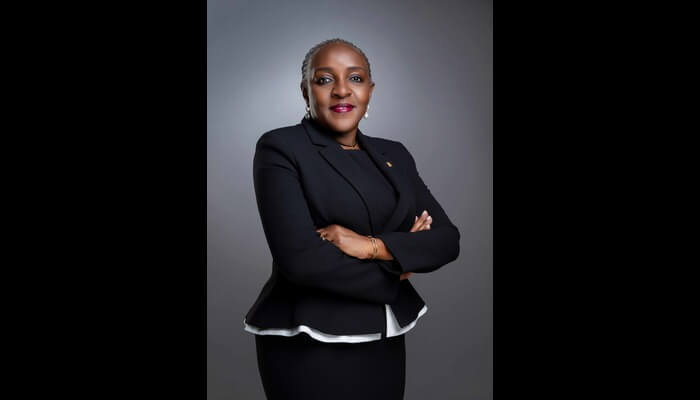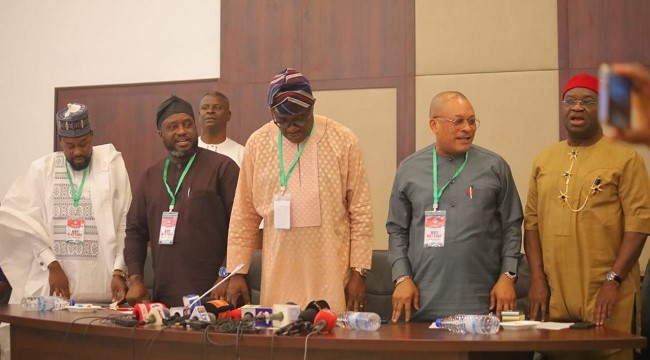IrokoTV founder Jason Njoku has candidly admitted that the company’s $100 million investment in the Nigerian market was a “costly mistake,” citing a decade of struggles with local economic realities and intense competition for its movie streaming platform.
[dropcap]T[/dropcap]he IrokoTV Nigeria struggles have been laid bare by founder and CEO, Jason Njoku, who recently reflected on the arduous journey of running the movie streaming platform in Nigeria.
Also read: Netflix’s subscriber numbers reflect Nigeria’s economic struggles
In a candid admission, Njoku labelled the company’s staggering $100 million investment in the local market as ultimately a “costly mistake.”
In an interview with media personality Chukwudi Iwuchukwu, Njoku spoke openly about the decade-long battle to keep the business afloat within a challenging environment.
This was despite early hopes of fundamentally transforming the Nigerian movie space through digital distribution.
“Between the revenues we generated and the venture capital we raised ($35 million) over the first ten years, we easily spent $100 million trying to win,” he revealed.
“But we weren’t winning; we weren’t losing either. We were just there, in full survival mode, operating in the toughest conditions possible.”
Founded in 2011 and officially launched in 2015, IrokoTV had ambitiously aimed to become the “Netflix of Africa.”
However, according to Njoku, it faced fierce competition from global players such as Netflix, Amazon, Showmax, and Iflix, all while contending with Nigeria’s harsh economic realities.
In hindsight, streaming wasn’t the winning model for Nollywood in Nigeria. Content, channels, and distribution were,” he stated
“The local market in Nigeria simply collapsed. We saw it and stubbornly decided to keep investing and doubling down until we were all tapped out, having burnt through most of the post-exit capital,” he lamented.
Njoku confirmed the company’s strategic shift: “In 2023, we finally accepted there was no market for paid premium services and exited Nigeria. We haven’t processed any Naira payments there in almost two years.”
He explained that while the streaming model proved unsuccessful in Nigeria, their production and distribution arm, ROK Studios, surprisingly emerged as the most profitable part of the company.
Furthermore, Njoku expressed regret over the sheer scale of the investment, suggesting that the same crucial lessons could have been learned with a much smaller financial outlay.
“I believe, with my newfound knowledge, that iROKOtv could have reached the same conclusions with $5-10 million versus the $100 million+ we ended up investing,” he said.
“It’s okay that we tried and failed. It’s okay that we accept the limitations in the domestic market we find ourselves in. Did it need $1 B+ to figure this out? Absolutely not.”
He offered a key piece of advice to other founders: “With the economics that business had in 2018, we could have shut down iROKOtv and its $5 million/year in losses and either listed it or just had a fantastically profitable business. My lessons were expensive, and that’s why I am so consistent in telling founders not to over-raise.”
IrokoTV, once hailed as a pioneer in digital Nollywood distribution, successfully raised funds from major international investors including Tiger Global and Kinnevik.
The company made significant waves in its early years by providing global audiences with unprecedented access to Nigerian films online.
Also read: ‘Every evidence has been preserved’ Flutterwave ex-CEO, Iyinoluwa Aboyeji, disentangles himself from allegations, Nigerian Fintech leaders react
However, its ambitious attempt to build a sustainable, subscription-based platform within Nigeria ultimately fell short due to a confluence of infrastructural, economic, and market challenges.
Oreoluwa is an accountant and a brand writer with a flair for journalism.





























